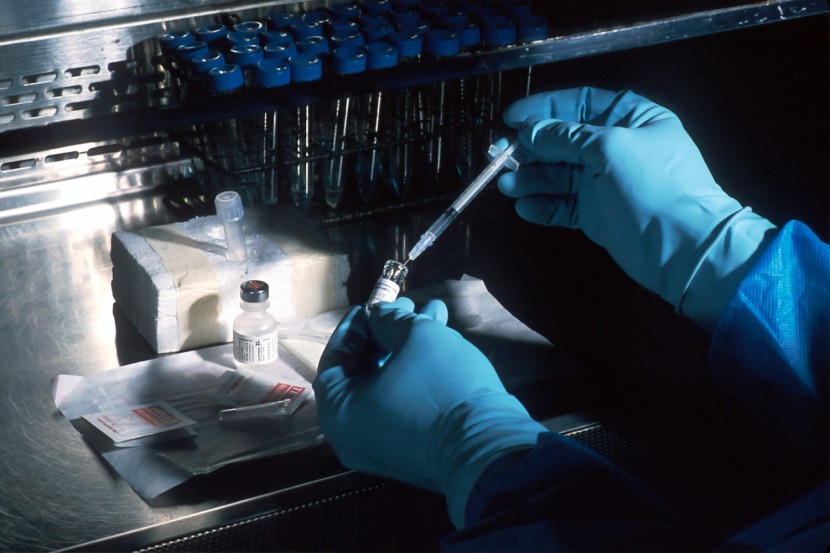
Many people diagnosed with cancer are in a precarious situation since not enough cancer treatments are available. They and their physicians must make tough choices.
Recently, it was reported that Pluvicto drug manufacturer, Novartis, has been experiencing supply issues with the medicine.
Pluvicto is a breakthrough therapy for advanced prostate cancer that has proven a lifesaver for several men with Stage 4 prostate cancer. Unfortunately, it is not likely to become widely accessible for many more months.
Low in Supply
In a report by NBC, the Food and Drug Administration (FDA) has identified four cancer medications currently unavailable: Methotrexate, cisplatin, fluorouracil, and Pluvicto.
Methotrexate, cisplatin, and fluorouracil are typical chemotherapy medications used to treat a wide variety of malignancies, from skin cancer to cancer of the bones and lungs. Pluvicto is another drug approved for the treatment of advanced prostate cancer.
In addition, Dr. Vignesh Packiam, a urologist at the University of Iowa Hospitals and Clinics, claims that a fifth medicine called BCG, a treatment for bladder cancer, is now in low supply.
Experts warn that if supplies of effective cancer drugs are depleted, some patients may be left with few choices. Meanwhile, others may lose their lives while waiting for the treatments to become accessible.
According to research published in The BMJ in 2020, the chance of dying from cancer increases by around 10% every month if treatment is delayed.
Why Are Cancer Drugs Insufficient?
American Society of Health-System Pharmacists senior director of pharmacy practice Michael Ganio attributed the scarcity of cancer drugs to a lack of investment from manufacturers.
Ganio told NBC that many of the cancer therapies in scarcity are generic, which saves the health care system money but are unprofitable for drugmakers.
"There's little incentive to invest in generic manufacturing, oftentimes, especially for these much older drugs - the margins aren't very big. It's almost a disincentive," he said.
University of Utah Health's senior pharmacy director Erin Fox blames poor production standards in the US for the widespread medicine shortages.
Fox warned that a growing number of pharmaceutical companies were moving manufacture of their products offshore, potentially worsening the scarcity of essential medicines such as cancer treatments.
"A key challenge in evaluating drug shortages is that drug companies are not required to disclose exactly which company is making the product as well as the location," she added, pointing out that production is routinely outsourced to countries with less stringent regulations.
Subpar Medical Attention
Packiam, from the University of Iowa Hospitals and Clinics, warned that more cancer patients might get subpar treatment in the interim.
As reported by NBC, Packiam recently found out that his hospital had run out of cisplatin, a chemotherapy treatment often used for bladder cancer that increases the probability that surgery would be effective. Surgery without chemotherapy is now necessary due to a lack of cisplatin.
However, Packiam said, "Alternative chemotherapies that do not use cisplatin do not yield as good of a response." Thus, the next best option is to continue immediately with surgery rather than deliver poor chemotherapy.








